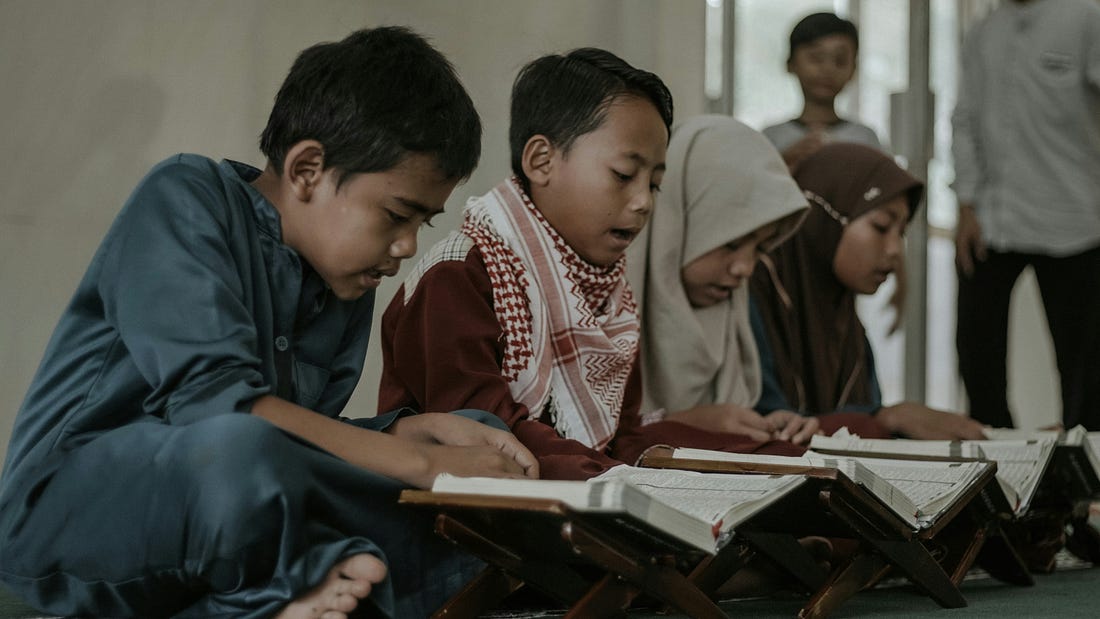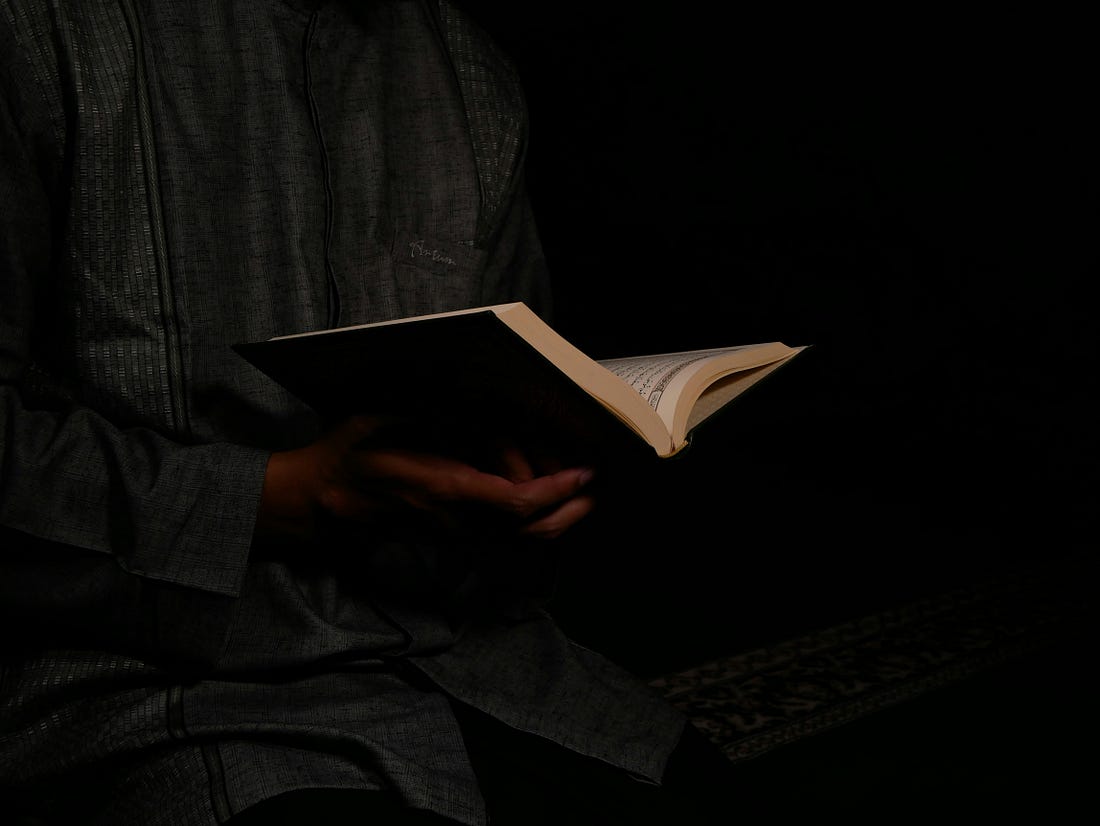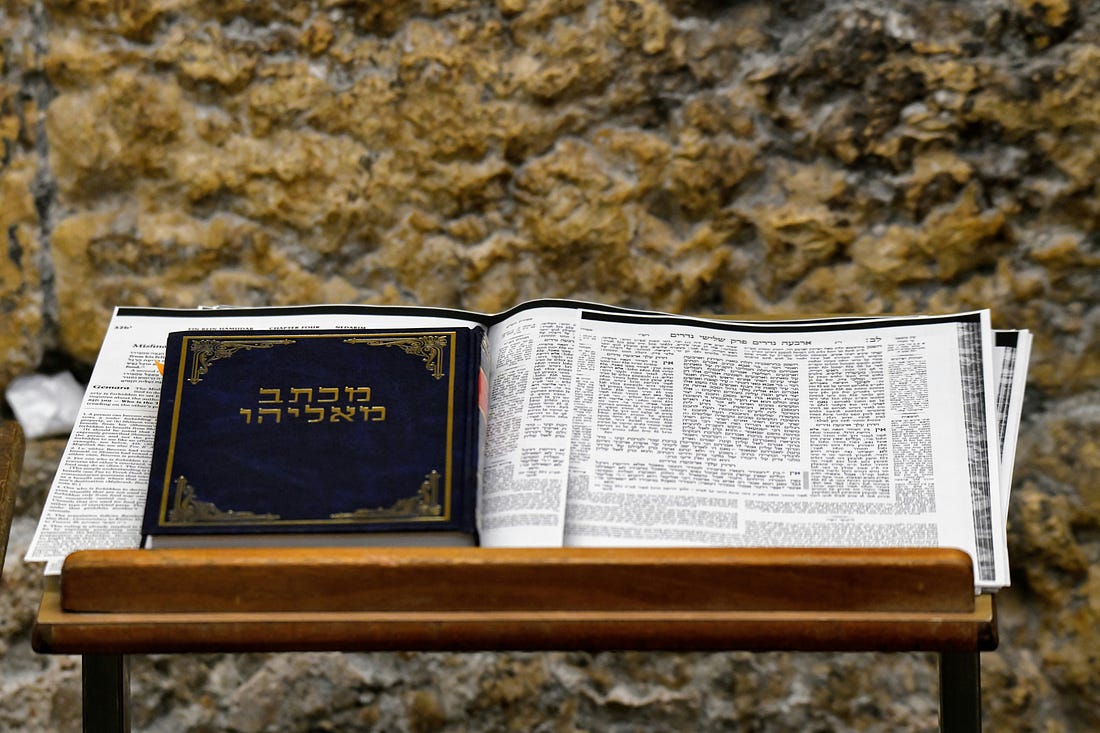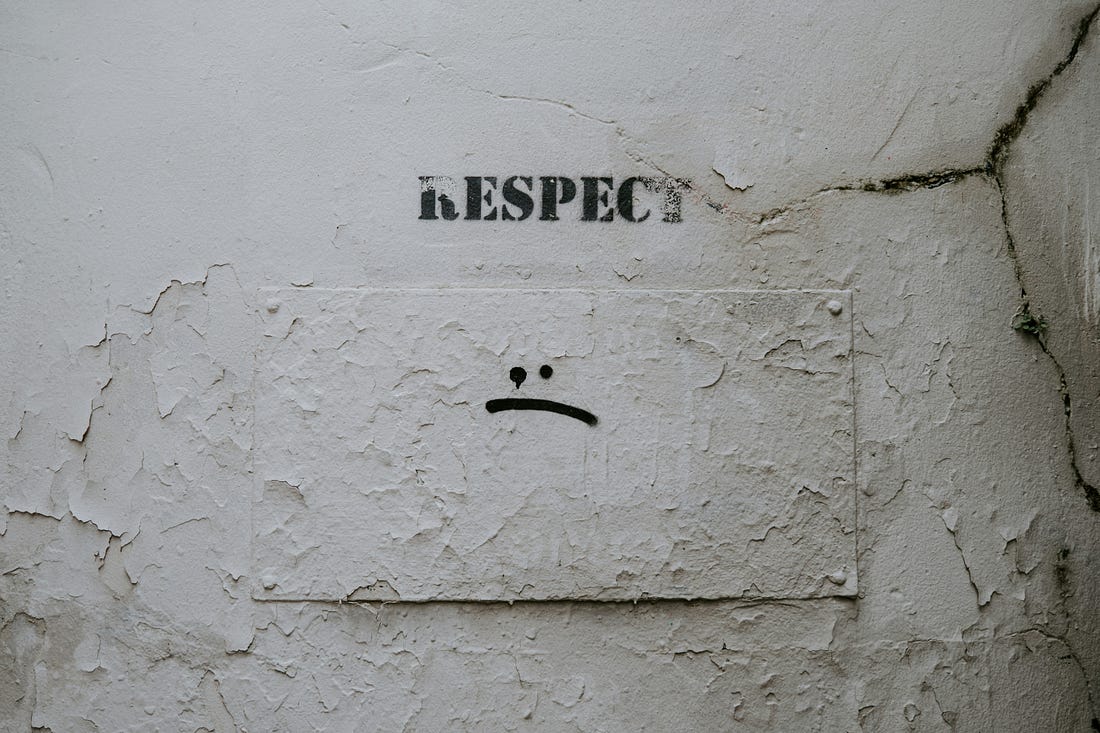Disregard: A Crisis in the Making
Younus M Bhatt ✉
Respect is the foundation of a harmonious society. As the Prophet Muhammad (صلى الله عليه وسلم) said, ‘He is not of us who does not respect our elders and have mercy on our young ones.’ (Tirmidhi:1919)
Contrary to this, what we see nowadays is that disrespect, ridicule, and mockery have become commonplace. It is essential to remember the value of respect, especially towards those who have dedicated their lives to preserving our moral heritage and spiritual traditions.

In the past, Islamic scholars and preachers were held in high esteem, with honorific titles like “Molvi Sahab” or “Maulana” commanding respect. In Islamic parlance, there is no use of such terms; however, the Maulana or “Molvi Sahib” term is used in the Indian subcontinent as a respectful term for an Islamic preacher.
However, with the advent of modernism, our youth have begun to discard these respectful affixes, reducing the term “Molvi Sahib” to a derogatory label. The very individuals once regarded as guardians of moral integrity are now often ridiculed, dismissed as outdated, or worse, completely ignored.
A recent incident highlighted this trend. Yesterday, while scrolling through Facebook, I came across a post from an educator at a prestigious institute. The post read, ‘Yimen Molvi Sahibyen cheni paye konich’ (‘These Molvis’ don’t know anything’). I was taken aback and responded to his post, but was promptly blocked without a substantial reply.
The dismissal of religious scholars (Molvi Sahibs) by the youth, fuelled by social media and a disconnect from religious values, has perilous consequences: a society that devalues its scholars risks losing its moral bearings. This double standard is puzzling, as society does not discredit other professionals (doctors, engineers, government employees) despite instances of misconduct. Why are Molvi Sahibs soft targets for disrespect?
The Keepers of Knowledge
Preachers are the guardians of a sacred tradition, dedicating years to mastering Islamic jurisprudence, theology, and history. Their rigorous education encompasses not only memorization but also an in-depth understanding of Islamic law, Quranic wisdom, and the Prophet’s life. As the Prophet Muhammad (صلى الله عليه وسلم) emphasized, “The best among you are those who learn the Qur’an and teach it” (Bukhari 5027). Unlike other professions, Islamic scholarship exists to nurture society’s spiritual core, providing guidance and preserving moral values. Ironically, instead of respect, many scholars face unwarranted criticism and mockery.

Their role extends beyond the mosque. In Muslim history, some of the greatest social reformers, legal minds, and political thinkers were scholars of Islam. Take Shah Waliullah Dehlavi, an 18th-century Islamic scholar who worked tirelessly to bridge the gap between traditional Islamic teachings and the political realities of his time. His efforts in translating the Quran into Persian made religious knowledge more accessible, much like today’s scholars strive to adapt religious wisdom to the modern world.
The Kashmir Valley has been blessed with a rich legacy of Islamic scholarship. Eminent scholars like Sheikh Noorudin Alahi Rahma., Moulana Mubarki, and Anwar Shah Shopiani Alahi Rahma have made significant contributions to the field of Islamic studies. Their works have not only enlightened the people of Kashmir but have also had a profound impact on the broader Muslim community.
Today, this legacy continues through the efforts of distinguished scholars like Sheikh ul Hadith Mufti Nazir Qasmi, Dr. Abdul Latif Al-Kandi, Zahoor Ahmad Shah Almadni, and Dr. Mubashir Ahsan Madni and many more. These scholars have dedicated their lives to the pursuit of Islamic knowledge, guiding the community through their teachings, writings, and leadership.
Yet, despite their contributions, many modern Molvi Sahibs and religious scholars find themselves underappreciated, struggling to engage with an audience that has already dismissed them as irrelevant.
A Clash with Modernity
As information is available at the tap of a screen nowadays, the authority of traditional scholars is frequently questioned. Many young Muslims, armed with Google searches and YouTube clips, believe they can bypass years of scholarly learning and derive their interpretations of religion. This attitude fosters arrogance — the belief that formal Islamic education is unnecessary and that Molvi Sahibs are merely relics of an outdated past.

Moreover, mainstream media has played a significant role in distorting the image of religious scholars. In films and television, the Molvi Sahib is often depicted as either an unreasonably strict, backwards-thinking cleric or, worse, a hypocrite who preaches one thing but practices another. The actions of a few misguided individuals have been generalized to the entire scholarly class, making it easy for critics to paint all Molvi Sahibs with the same brush.
A striking example is how the West reacted to Sheikh Ahmed Deedat, a renowned Islamic scholar and orator. Despite dedicating his life to inter-faith debates and defending Islam against misconceptions, he was labelled by some as a “radical.” His deep knowledge and articulate arguments were reduced to controversy, a reflection of how easily scholarship is dismissed when it does not align with modern narratives.
But the most unfortunate criticism comes from within the Muslim community itself. In urban, Western-educated circles, referring to someone as a “Molvi Sahib” is often used mockingly, implying ignorance or an inability to adapt to modern life. This mindset is not just disrespectful — it is deeply ironic. The very individuals who claim to champion knowledge are the first to reject those who have dedicated their lives to acquiring it.
Losing moral compass
A community that loses respect for its scholars loses more than just religious knowledge — it loses its ethical foundation. When people no longer turn to Molvi Sahibs for guidance, they often turn to incomplete sources, self-proclaimed “intellectuals” with little grounding in Islamic jurisprudence. This leads to dangerous consequences, where religious rulings are taken out of context, and faith is shaped by personal convenience rather than scholarly consensus.

Consider the impact of this trend in countries like Türkiye, where rapid secularization led to a decline in traditional religious scholarship. The absence of scholars resulted in a generation with a weak grasp of Islamic principles, leading to a diluted understanding of faith. Similarly, in some Arab nations, state-controlled religious institutions have replaced independent scholars, limiting access to authentic religious discourse and leaving a vacuum filled by less credible sources.
On a smaller scale, the effects are visible in Muslim communities worldwide. When Molvi Sahibs are disrespected, children grow up without strong moral guidance. When their teachings are ignored, religious values begin to erode. And when they are dismissed entirely, the collective consciousness of a community is shaped more by pop culture than by Islamic tradition.
Strike balance
The solution is not to blindly follow every Molvi Sahib without question, but to restore a sense of balance. Just as modern professionals continuously update their knowledge, Islamic scholars must also adapt to the evolving landscape of the modern world. Fortunately, many already are. Scholars like Mufti Menk, Yasir Qadhi, Yasir Fazaga, Sheikh Hamza Yusuf, Nouman Ali Khan and many more have gained global recognition precisely because they bridge the gap between tradition and modernity. They engage with youth, use contemporary language, and address real-world issues while remaining deeply rooted in classical Islamic knowledge. There are, in fact, esteemed scholars in our valley and across India who have made significant contributions to Islamic and Quranic studies. These scholars have pursued advanced degrees, including PhDs, from globally renowned universities, delving into various disciplines such as Islamic jurisprudence, Uloom Ul Ahadith, Quranic studies, language, philosophy, and mysticism.

Despite their impressive credentials and research, the youth often fail to appreciate their expertise, resorting to oversimplifications and misconceptions. This phenomenon is particularly concerning, as it disregards the scholars’ rigorous academic pursuits and reduces their contributions to simplistic stereotypes.
Final words
It is essential to recognize the value of these scholars’ work, which not only enriches our understanding of Islamic and Quranic studies but also fosters a deeper appreciation for the complexities and nuances of these disciplines. By acknowledging and respecting their expertise, we can promote a more informed and inclusive dialogue, one that celebrates the richness of Islamic scholarship and its contributions to our collective knowledge.
However, respect is a two-way street. While Molvi Sahibs must remain relevant, communities must also recognize their value. Initiatives that encourage dialogue between scholars and the youth should be promoted. Islamic schools should integrate both religious and modern education, ensuring that students do not grow up seeing the two as opposing forces. Social media, often a tool for misrepresentation, should instead be used to highlight the work of genuine scholars.

To combat the culture of disrespect towards religious scholars, Masjid committees and institutions must take a firm stand and ensure that only qualified Imams, Molvi Sahibs, and Maulanas lead religious discourse. It is essential to recognize, respect, and restore the dignity of dedicated scholars who preserve traditional knowledge and wisdom. The Muslim community must acknowledge the value of these scholars, as they are the foundation of an ethical and spiritually conscious society.





